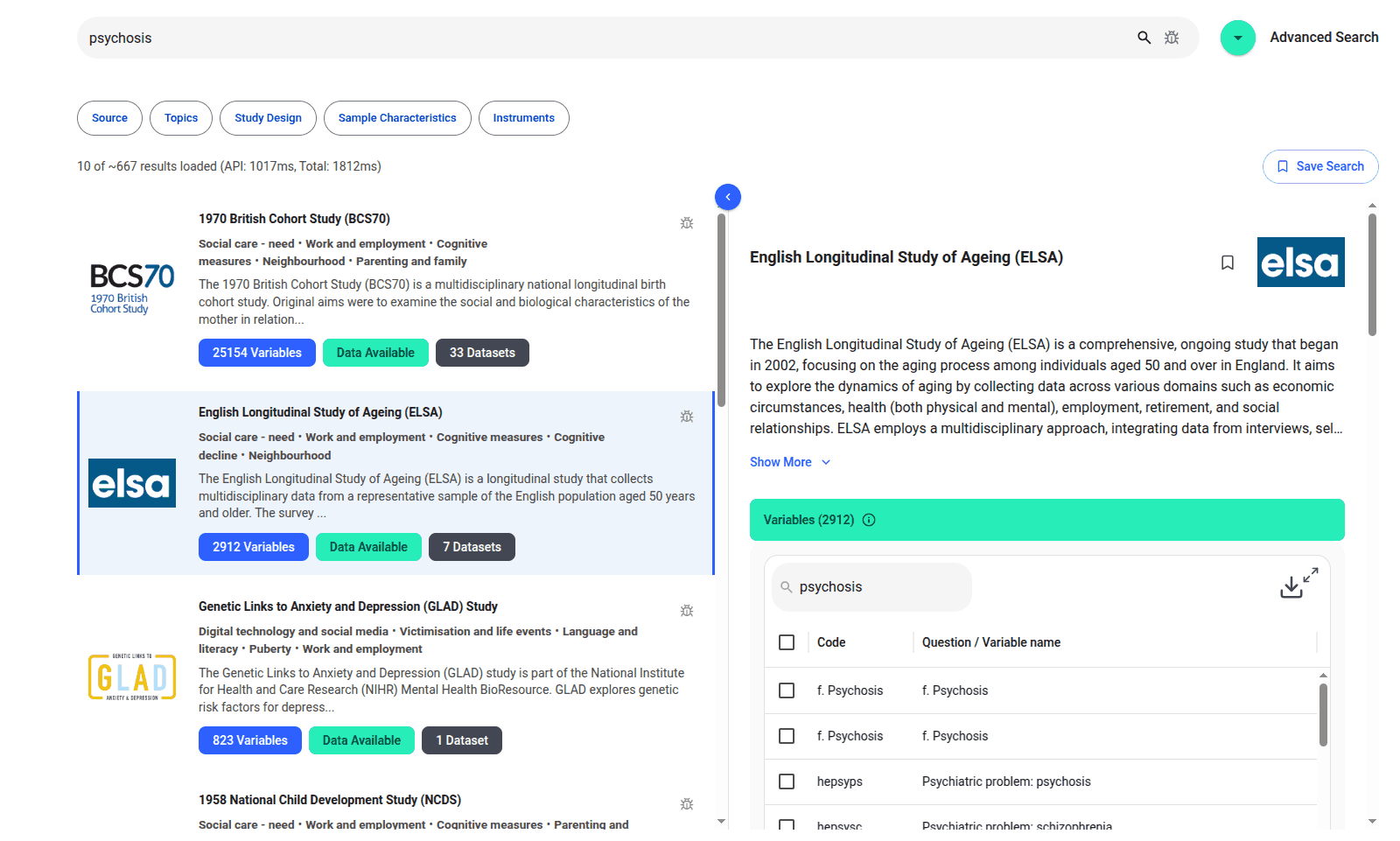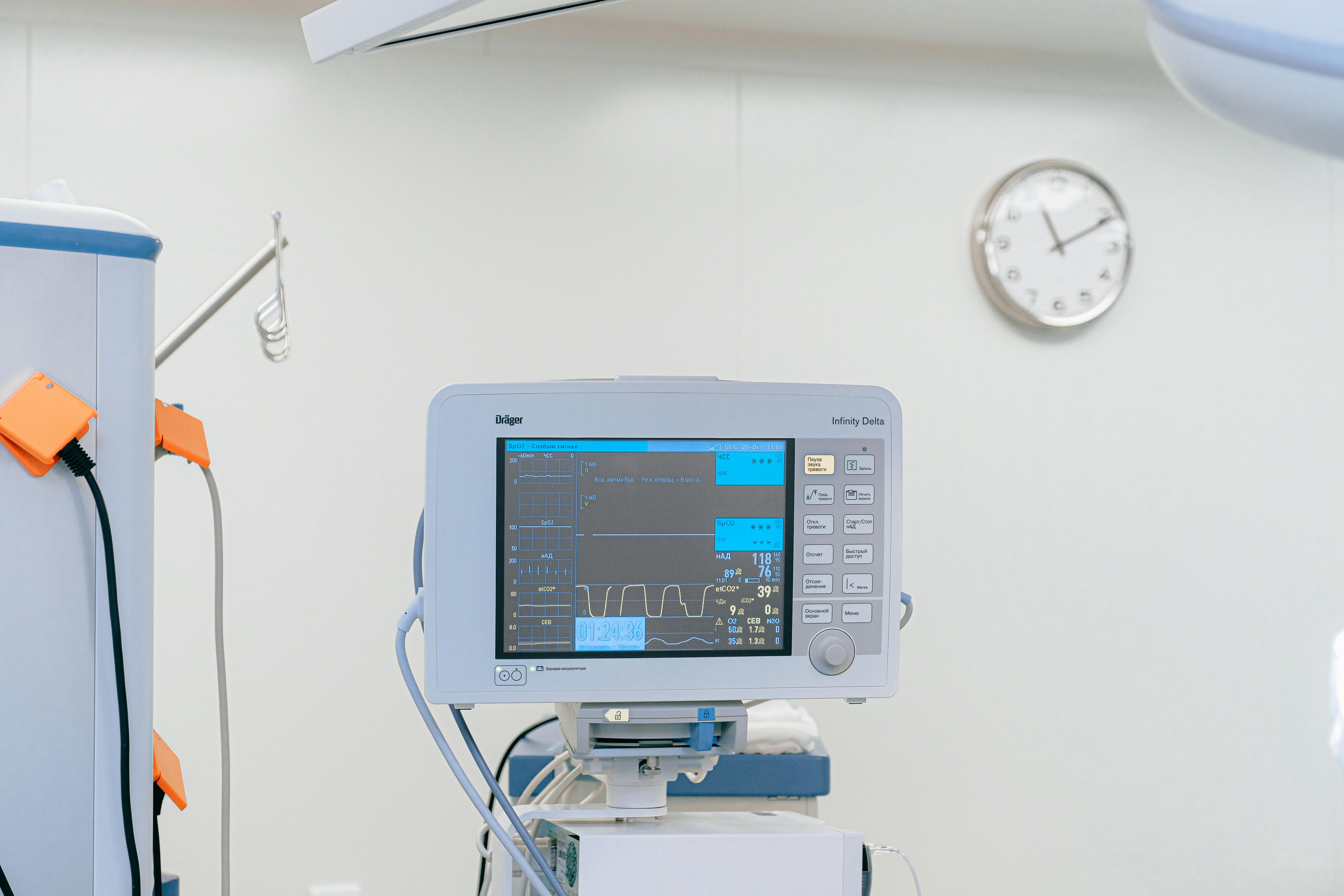
We often hear about the potential for AI in healthcare, or how it could transform organisations like the UK’s National Health Service. The UK has set up the NHS AI Lab with areas of focus such as AI imaging, AI ethics and regulation. In the USA, AI in healthcare is expected to save over $200bn from annual medical spending.
How do we expect AI to make a difference in healthcare? We expect to see impacts such as:
AI in healthcare
With all these exciting possibilities, we could be forgiven for asking, where is the AI revolution in medicine that we were expecting?
The potential applications of AI in healthcare are backed by evidence. However, uptake and integration into existing healthcare systems has been slow and results have been mediocre.
There are a number of factors that make the adoption of AI in healthcare more difficult than in retail.
On the positive side,
However, there are a number of more frustrating obstacles.
Developing an AI model for healthcare would require a large volume of data. This data exists but is highly fragmented and often inaccessible: governments are aware that their citizens value their medical privacy. Data is often in text format rather than a more easily usable structured format.
Clinical study results, including adverse events such as asthma attacks, strokes, and deaths, are often reported in huge documents for analysis. This data is highly confidential as well as unstructured and in natural language. At Fast Data Science we have undertaken consulting engagements where we have categorised or anonymised clinical reports using NLP.
Fortunately, in the UK we have initiatives such as OpenSAFELY, which makes sensitive healthcare data available to approved research groups within a siloed environment. Advances in NLP allow researchers to handle larger volumes of text data.
Regulatory authorities may be slow to approve new innovations in healthcare and may not have the expertise to fully assess the new AI tools. It is also crucial to assess models for AI bias, safety, and transparency. Ideally, countries would work together on regulation of AI in healthcare and create international standards, but we’re not there yet.
The idea of an AI replacing radiologists (or any other skilled profession) is still a bit sci-fi. An AI might be able to analyse and classify an image, but can it interact with the patient, or even take the image like a human operator? We are still a long way from skilled medical professionals being replaced by AI.
AI is having a growing impact on healthcare, with the potential to improve diagnoses, personalize treatment, and streamline processes. Here’s a breakdown of how AI is being used and the challenges to wider adoption:
Promising Applications of AI in Healthcare
Challenges to Wider Adoption
Overall, while AI holds immense promise for revolutionising healthcare, overcoming these challenges is crucial for its successful integration into existing systems. There have also been some positive developments in improving AI in healthcare, such as initiatives to make anonymised healthcare data available for research and advancements in Natural Language Processing (NLP) that can handle large amounts of text data.
[1] The AI doctor will see you… eventually, Economist (2024)
Looking for experts in Natural Language Processing? Post your job openings with us and find your ideal candidate today!
Post a Job
We are excited to introduce the new Harmony Meta platform, which we have developed over the past year. Harmony Meta connects many of the existing study catalogues and registers.

Guest post by Jay Dugad Artificial intelligence has become one of the most talked-about forces shaping modern healthcare. Machines detecting disease, systems predicting patient deterioration, and algorithms recommending personalised treatments all once sounded like science fiction but now sit inside hospitals, research labs, and GP practices across the world.

If you are developing an application that needs to interpret free-text medical notes, you might be interested in getting the best possible performance by using OpenAI, Gemini, Claude, or another large language model. But to do that, you would need to send sensitive data, such as personal healthcare data, into the third party LLM. Is this allowed?
What we can do for you